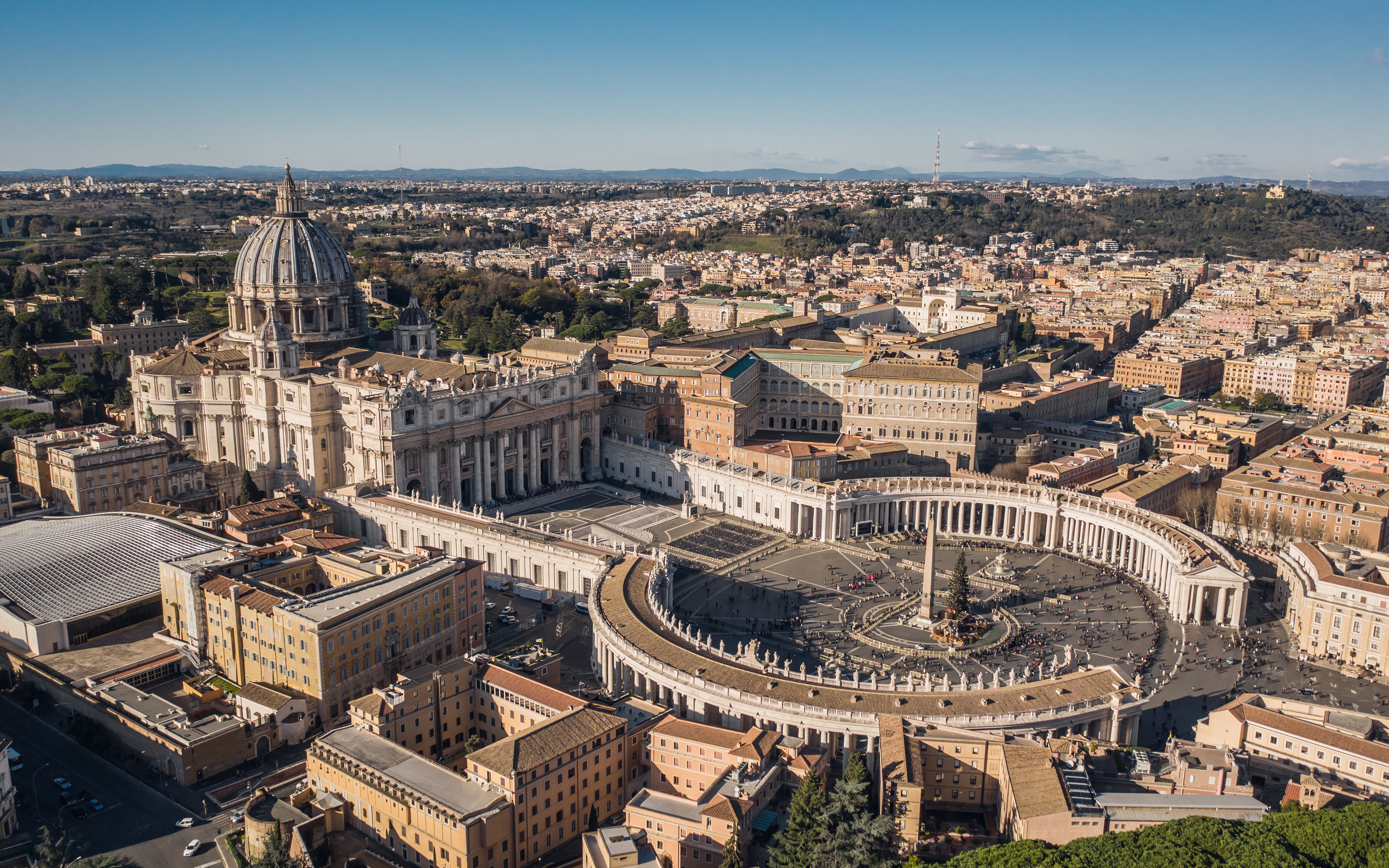By Ruth Johnson
In light of Pope Francis’ death, which sent shockwaves through the Catholic community and the entire world, the question of who will become the next Pope remains unanswered. This will be revealed soon after the 7th of May when the formal conclave begins.
The first candidate is Cardinal Peter Kodwo Appiah. He is a prelate and the Chancellor of Pontifical Academy of Sciences. He speaks 6 languages and has a masters degree in Theology and Divinity from St Anthony-on-Hudson, conv. Franciscan Seminary, New York. He was part of the conclave that elected Pope Francis, but was overlooked for the position. If elected, he would be the first African pope in 1500 years. He is fairly conservative but has shown progressive attitudes towards his African congregation.
The second candidate is Cardinal Pietro Palin. He has been described as the second most powerful person in the Vatican. He entered the seminary of Vicenza and was ordained a priest on 27 April 1980. In 1983, he entered the Pontifical Ecclesiastical Academy and entered the diplomatic service of the Holy See on 1 July 1986, subsequently serving in Nigeria and Mexico. He is the Secretary of State of Vatican City and is knowledgeable on issues in geopolitics of the Middle East and Asia and contributed to reopening dialogue between countries in conflict. He has been described as a centrist or liberal centrist, he has been very vocal especially at the UN about promoting development to promote peace and defending persecuted Christians.
The third candidate, Cardinal Luis Antonio Gokim Tagle has been described as quite liberal and modest. He has a somewhat sympathetic view of LGBTQ+, divorced and separated people, unwed mothers and acknowledges their constant mistreatment by the church while still following Church doctrine on things like homosexuality and same-sex marriage. ‘The harsh word that were used in the past to refer to gays and divorced and separated people, the unwed mothers etc., in the past they were quite severe.’ He is the 7th Filipino cardinal and was one of the youngest when he was appointed at only 67. He was seen as the ideal successor of Pope Francis but was downgraded due to some controversies while running Caritas Internationalis.
The fourth candidate, Cardinal Fridolin Ambongo Besungu is not widely known outside of Africa. He is a prelate and the elected leader of African bishops as president of the Symposium of Episcopal Conferences of Africa and Madagascar. He is firmly against gay marriage, especially in Africa. In a statement released by the episcopal conferences across Africa, it said that ‘We, the African bishops, do not consider it appropriate for Africa to bless homosexual unions or same-sex couples because, in our contest, that would cause confusion and would be in direct contradiction to the cultural ethos of African communities’ He is also outspoken and bold which has led to death threats because he has criticised both multinational oil and mining companies and local politicians as working in their own self-interest. He is also very critical of what he perceives as the declining moral standards in the West.
The fifth candidate, Cardinal Peter Erdo is Hungary’s most senior bishop. He was elected as the president of the Council of European Bishops’ Conferences. He resisted moves towards a more inclusive approach to LGBTQ+ and divorced Catholics. He is very involved in politics and has links to the far-right Fidesz government. He has not been vocal in regards to Fidesz’s hate campaign against migrants, criminalisation of homelessness and the stigmatisation of the LGBTQ+ and was criticised for his mishandling of allegations of sexual abuse cases in the church regarding children.
The sixth candidate, Robert Sarah, is a prelate from Guinea. He displays conservative attitudes towards things like immigration and gender ideology and abides by Catholic doctrine. He is fluent in Italian, Latin, English, French and Spanish.
The seventh candidate, Pierbattista Pizzaballa is a peace-promoting Franciscian Cardinal prelate. He speaks English,Italian and Modern Hebrew after spending 9 years in Jerusalem. He is seen as slightly more conservative and is one of the younger candidates at just 60.
This could be one of the most diverse lists of candidates the conclave has ever had to consider. From candidates from the Philippines, to Canada and Ghana. The most important aspect of this selection process is finding a successor worthy of the seat who can uphold Pope Francis’ legacy while carving out his own.
